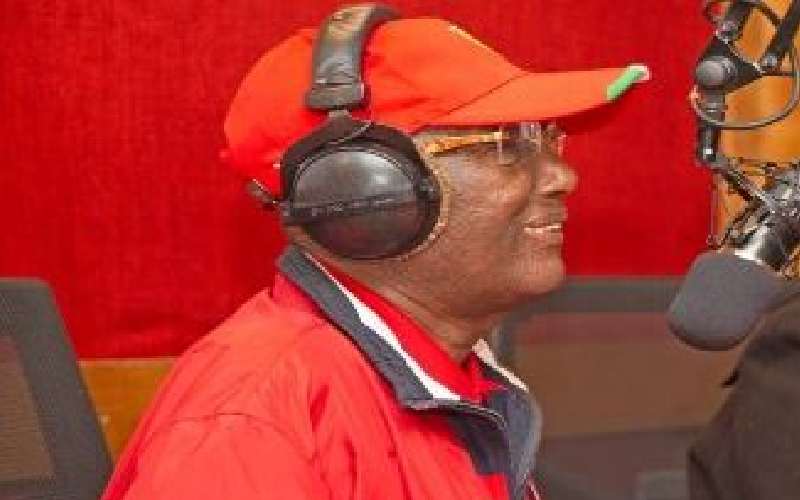×
The Standard e-Paper
Kenya’s Boldest Voice

One day in 2004, a polished businessman in an Italian designer suit and spectacles, with a soft voice and oily baby-face, as smooth and suave as his financial maneuvers, stepped out of his International House building and took the brisk three-minute walk to Lonrho Towers.